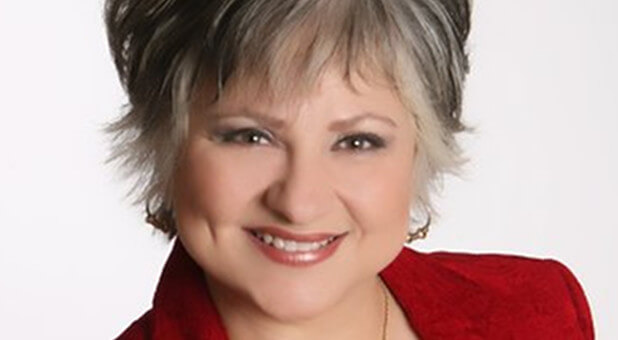When my husband and I went out to dinner recently, we were served by an extremely helpful waitress. This woman seemed to anticipate our every need; she even suggested an item that was not on the menu.
Throughout the evening, she served us with both joy and efficiency. She made our evening so pleasant that the next time we went to that restaurant, we requested her as our waitress.
In a society in which mediocrity has become the standard, she distinguished herself by her excellence.
In the same way our waitress rose above the crowd, believers in Christ should strive to shine as lights in the world’s darkness.
Unfortunately, too many believers are content to just get by; they don’t try to reach for the greater things God has for them. They’re satisfied to live mediocre lives.
Jesus spoke against this kind of mediocrity in Matthew 5:46-47 when He said: “For if you love those who love you, what reward have you? Do not even the tax collectors do the same? And if you greet your brethren only, what do you do more than others? Do not even the tax collectors do so?” (NKJV).
Anybody can love someone who loves him. The question Jesus asked was: “What do you do more than others? Where do you exceed expectations?”
Our call as believers is not only to love others but also to love others more than the world expects. It’s when we take the extra leap to love and forgive our enemies—not just our friends—that we step out of the ordinary and into the extraordinary.
Reaching for More
The Bible is full of stories of people who chose to live their lives at more than a mediocre level.
Moses is described as a man who was more humble than any other man on the face of the earth. Nehemiah is described as a faithful man who feared God more than others did.
John the Baptist is described in Scripture as more than a prophet. And the Bible says that Jesus was anointed with the oil of gladness more than His companions.
All of these were “more than” people—people who would not, could not be satisfied with the ordinary or the usual. Consequently, each of them was used by God in an extraordinary way.
Joshua 7 tells the story of the Israelites going off to conquer the city of Ai after their great, supernatural victory in the city of Jericho. In the afterglow of Jericho, they felt confident that Ai could be defeated with a minimum of fighting men.
But there was something they didn’t know. At Jericho, a man named Achan had disobeyed God’s directive to destroy everything in the city. He had kept for himself a beautiful Babylonian garment, two hundred shekels of silver and a wedge of gold, thinking no one would know.
Isn’t it silly to think we can hide something from God? Because of Achan’s hidden sin, the Israelites were routed when they went up against the men of Ai. Approximately 36 Israelites died as they fled before a weaker enemy.
Distraught after the defeat, Joshua wept before the Lord. Then he cried out a question: “Why couldn’t we have settled on the other side of the Jordan?
“Why couldn’t we have been satisfied with just enough? Why did we have to take a risk for something more?”
The answer is actually quite simple: It wasn’t in Joshua’s spiritual nature to settle. Though Joshua’s carnal nature would have been content with a level of mediocrity that required less effort and sacrifice, he was, deep in his spirit, a “more than” person.
The Bible says that whenever Moses worshiped at the tent of meeting, Joshua would linger in the presence of the Lord long after Moses left (see Ex. 33:11). Joshua wanted more of God. He could never have settled on the other side of the Jordan because there was still more land to be conquered for the Lord!
“More than” people cannot resist the challenge of increasing their territory. Remember The Prayer of Jabez? The widespread acceptance of that little book by Bruce Wilkinson showed that its message struck a chord deep in the hearts of believers.
Many of us began to pray diligently for God to increase our territory. But perhaps we didn’t really understand what we were praying.














































